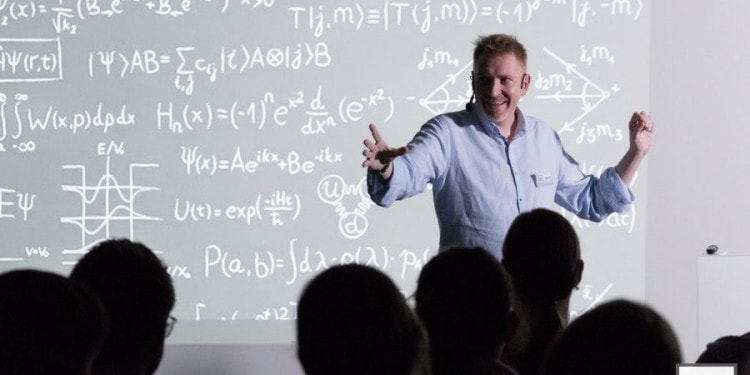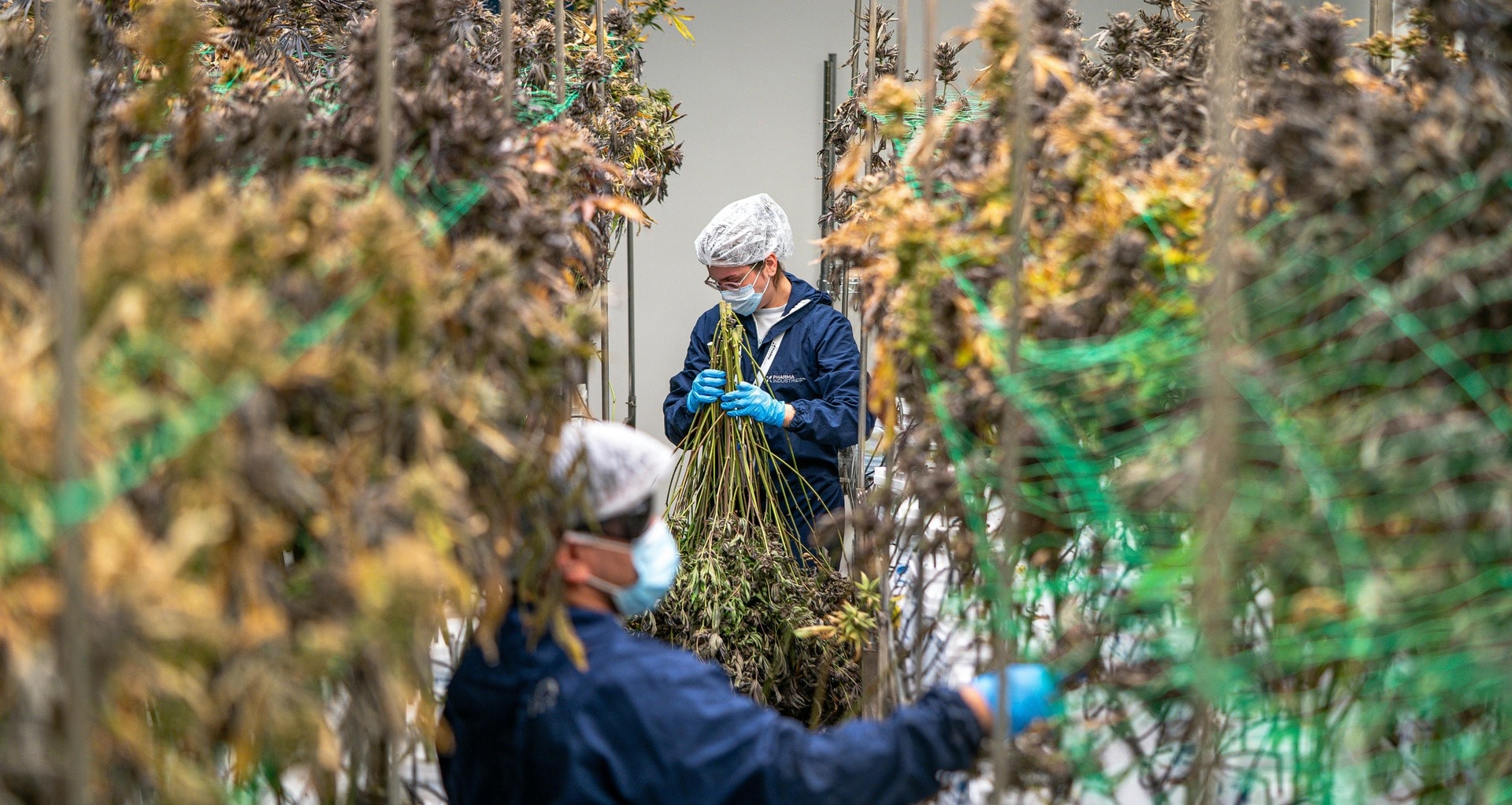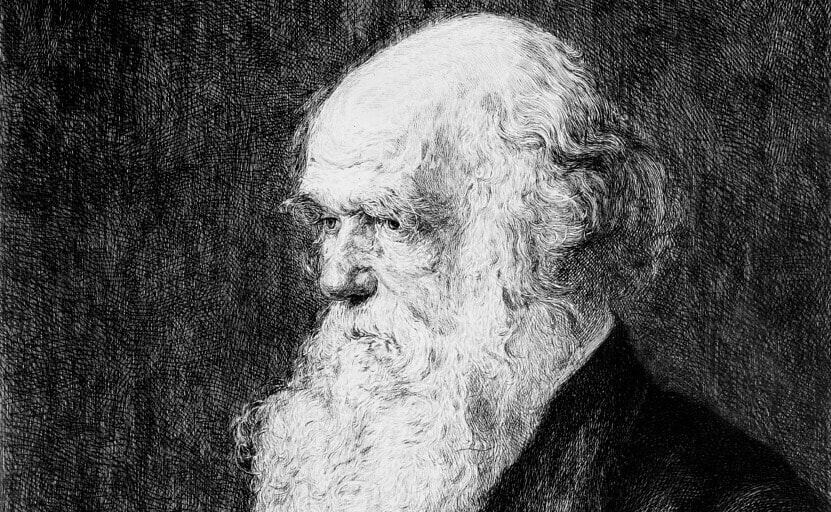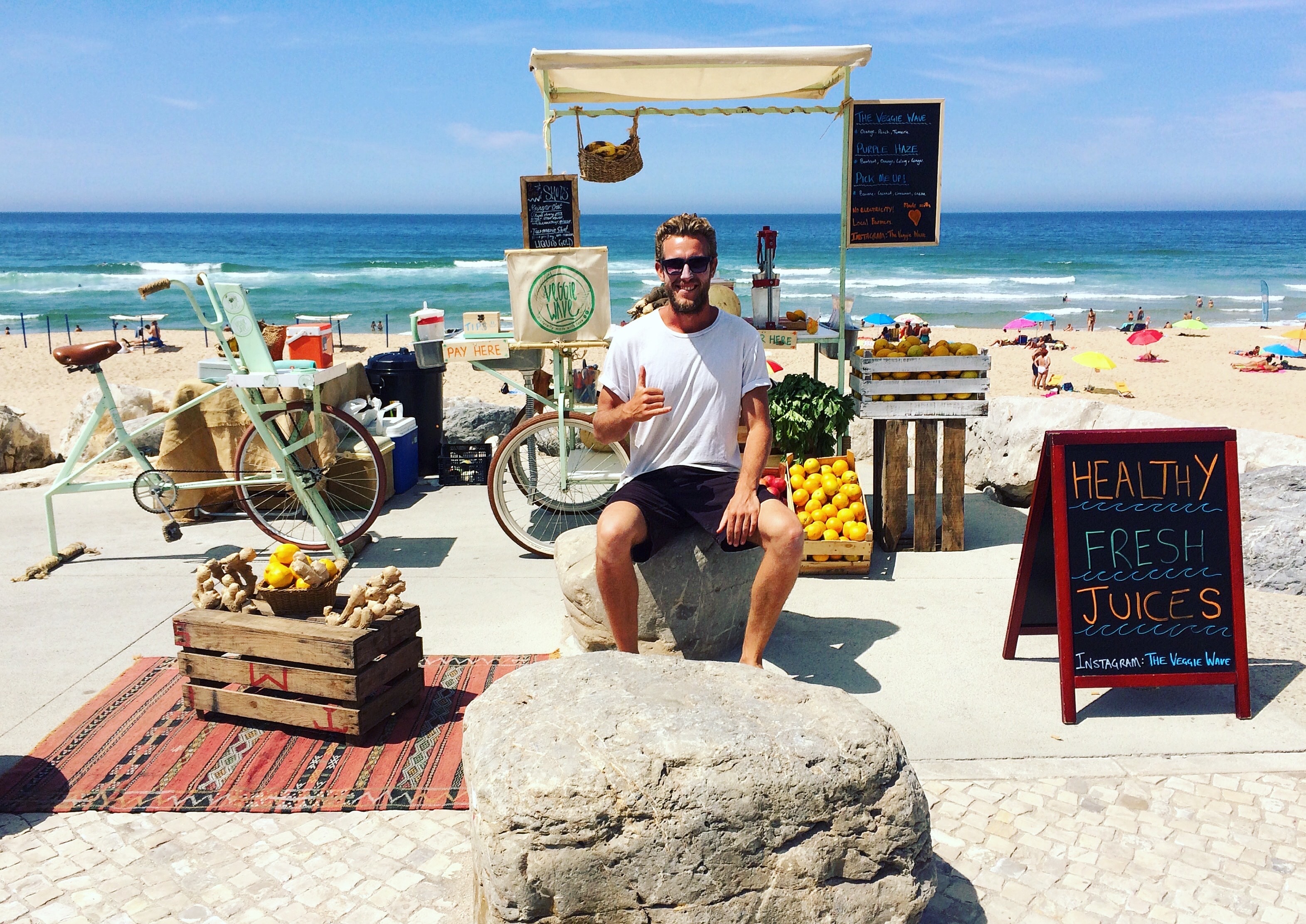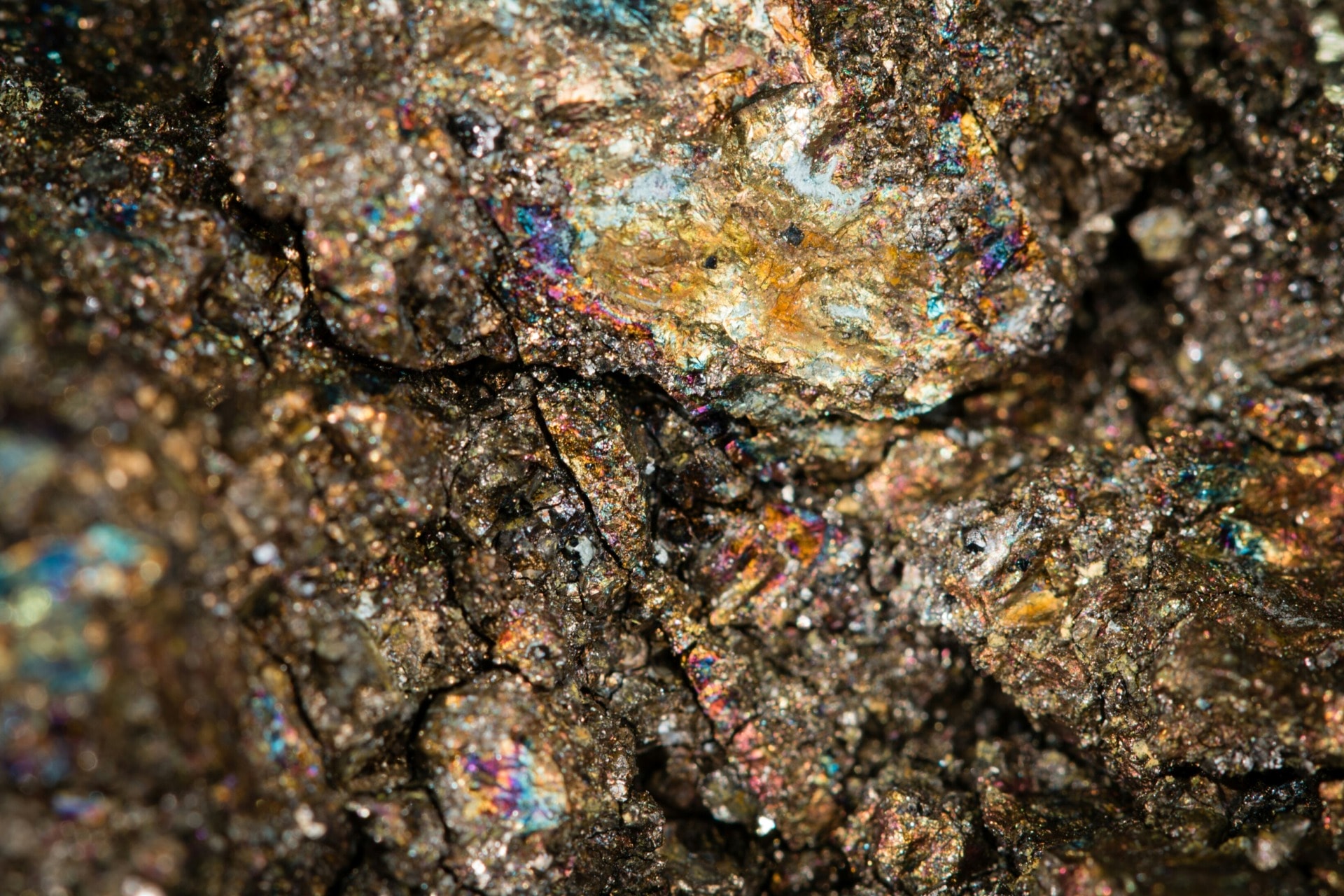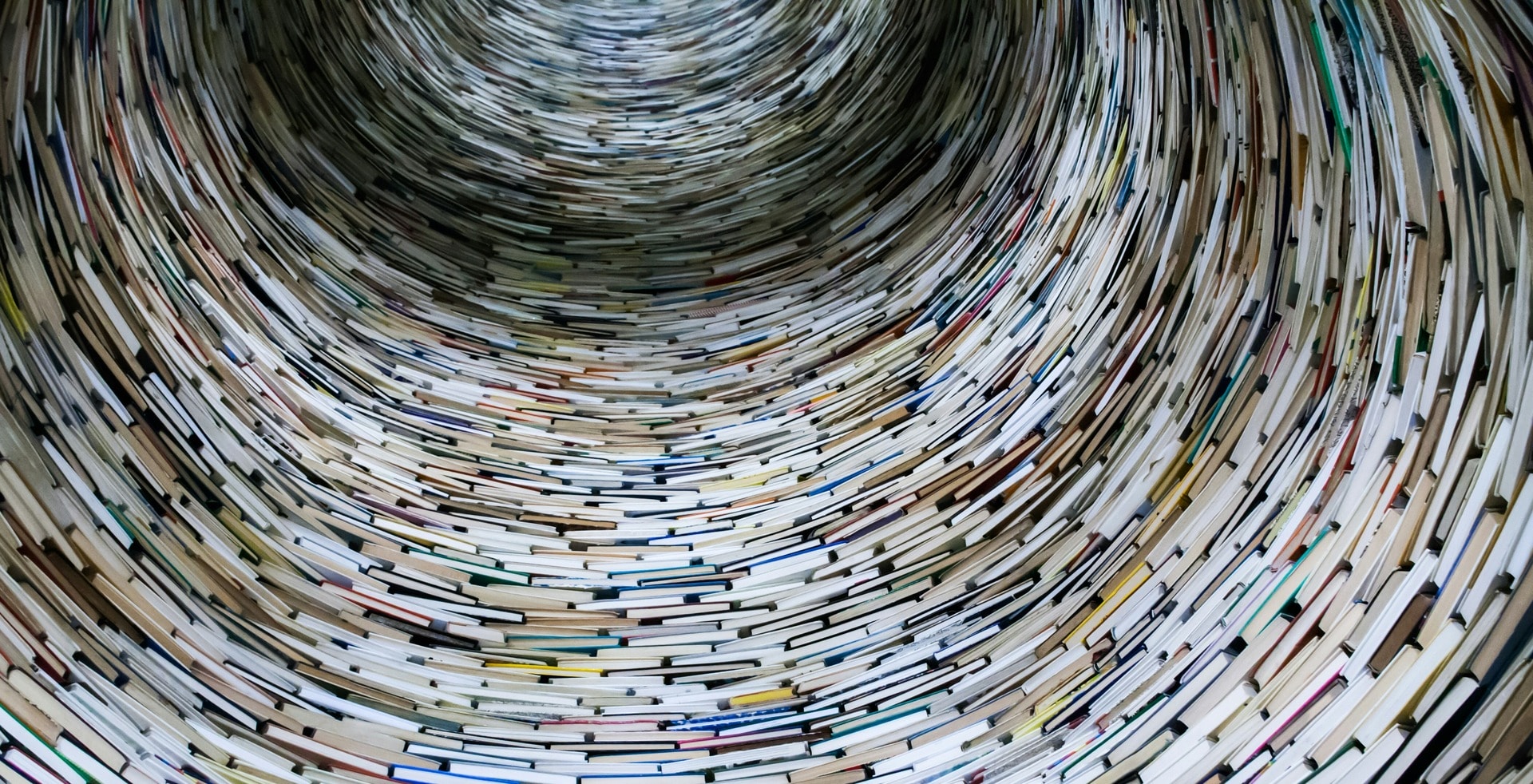In 2017 Munich has suddenly became excited about 15×4 community. Four talks for 15 minutes, about almost everything, including science and technology, were presented in the most accessible and interactive way. The team of volunteers creates a buzz for knowledge and triggers people to learn something new, find inspiration or even to share the knowledge with others.
Impakter Magazine had a conversation with the core team to learn more about 15×4, its story, challenges, inspirations and plans.
Impakter Magazine: What is the story of 15×4? How and when did it all start?
Evgeny Labzin (Data Scientist): The 15×4 community was started in 2015 by a group of friends in the city of Kharkiv, Ukraine. They used to meet and discuss various recent scientific topics which they found interesting. One day they got the idea to organize a public talk to share knowledge not only with each other but also with everyone else who would be interested.
The founding principles stayed the same as at the founder’s friends meetings. Anyone is invited to give a talk and share their knowledge on any scientific topic that he or she is interested in, but we also allow the topic to be debated and commented by the community. Any guest of the event is free to join, attend a rehearsal to give some feedback, or help with organizing.
The guests of the very first events were mostly speakers’ friends, but already in just one year, the 15×4 in Kharkiv has grown an impressive support group. The open and straightforward concept made it also incredibly easy for 15×4 to grow in other places. People, inspired by the idea of 15×4, started to organize talks in new cities on their own. Currently, 15×4 events are taking place in 12 cities throughout Ukraine, Russia, Moldova, and Germany. The first event of the 15×4 in Munich took place at the beginning of 2017, and so far, we had 13 events with more than 1000 guests, coming to learn something new.
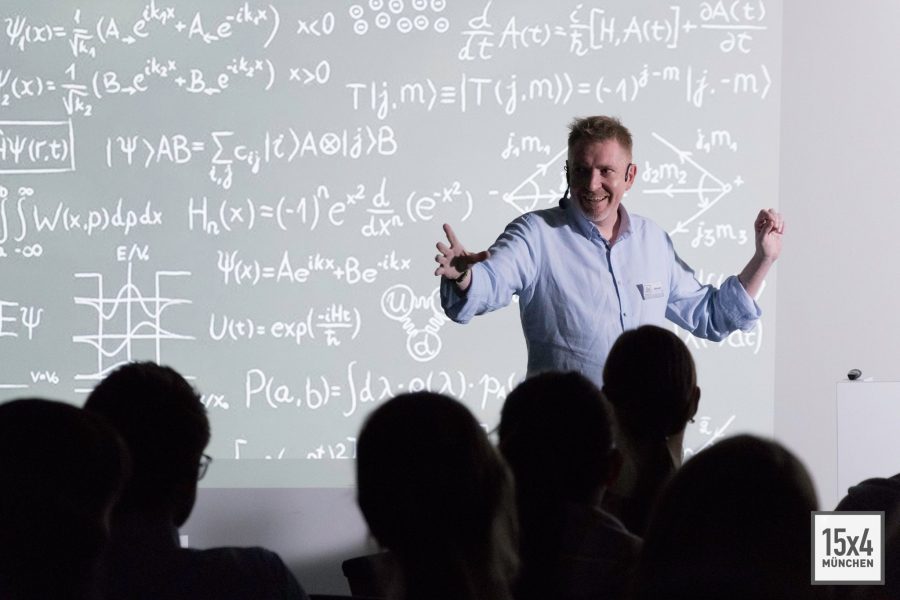
What impact to the world might 15×4 bring?
Viktoria Korzhova (Neurobiologist): We see 15×4 as a platform for science communication, which has several roles. Firstly, we make scientific knowledge and education accessible to everyone – our events are open and free, and we post also all lectures online to make them available to everyone around the globe. We believe that by helping education, we contribute to the better world for all of us because knowledge makes humanity wiser and helps us make better everyday decisions.
Secondly, 15×4 brings together like-minded and enthusiastic people. If you join 15×4 as a guest, a volunteer or a speaker, you will find new friends who share the same passions and with whom it’s always fun to discuss recent discoveries and hot technologies. We want to help people find each other and build an active community.
Thirdly, we aspire to bring science closer to everyday life. Unfortunately, it is a widespread opinion that science or high technology is something done in an ivory tower and could only be understood by some special people. Many people find it hard to believe that the basics of genetics or machine learning can be explained clearly in 15 minutes. Although, it is entirely possible! It only requires a person who is enthusiastic about the topic and some minor preparation efforts. As a part of this effort, 15×4 strives to bring scientists, tech experts and general public together and help them understand each other. By doing this, we create a source of inspiration for both sides.
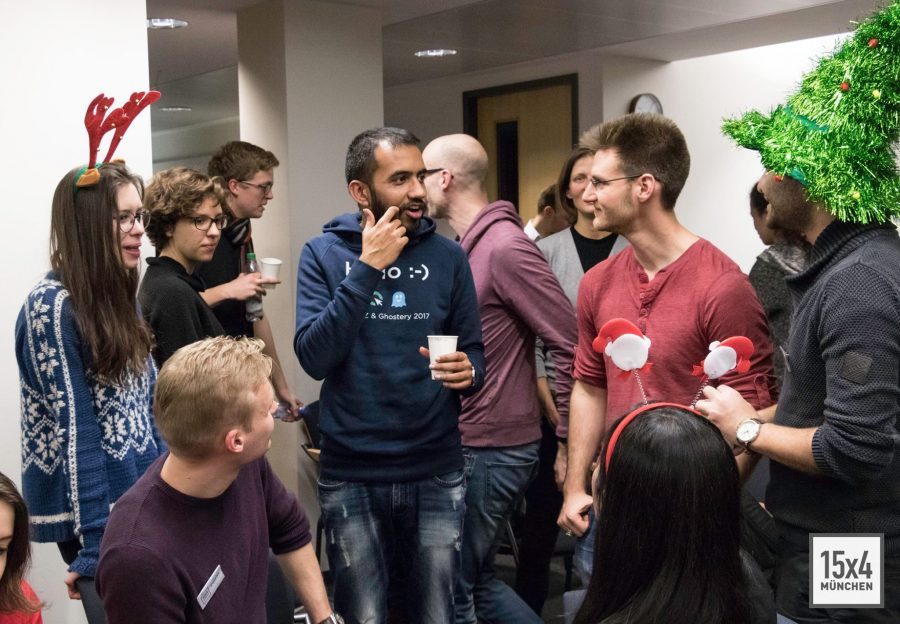
Can you explain, why does every talk last only 15 minutes?
Dian Anggraini (Cognitive neuroscientist): We get this question quite often and a few reasons come to mind.
First, based on our experience during the rehearsals and past events, 15 minutes is enough time to deliver a detailed explanation of a topic without overwhelming our audience. To put it simply, we believe that it is a good compromise: not too long and not too short. On the one hand, if we only have 5 minutes, there won’t be enough room for details and our audience might not learn as much. On the other hand, if our talks are a lot longer, we might lose our audience’s attention once the talk hits the 15-minute mark.
Second, this time frame actually encourages us to focus on the essentials. Although it can be very challenging to fit all the necessary information into a 15-minute window, we see it as a great practice to target the most important key points. That way, we are not buried in intricate details.
Lastly, let’s take into account our main goal, which is to spark our audience’s interest and curiosity. For this reason, we believe that 15-minute time frame gives us a sufficient duration to provide information that our audience can then use as a starting point to explore the topic even further.
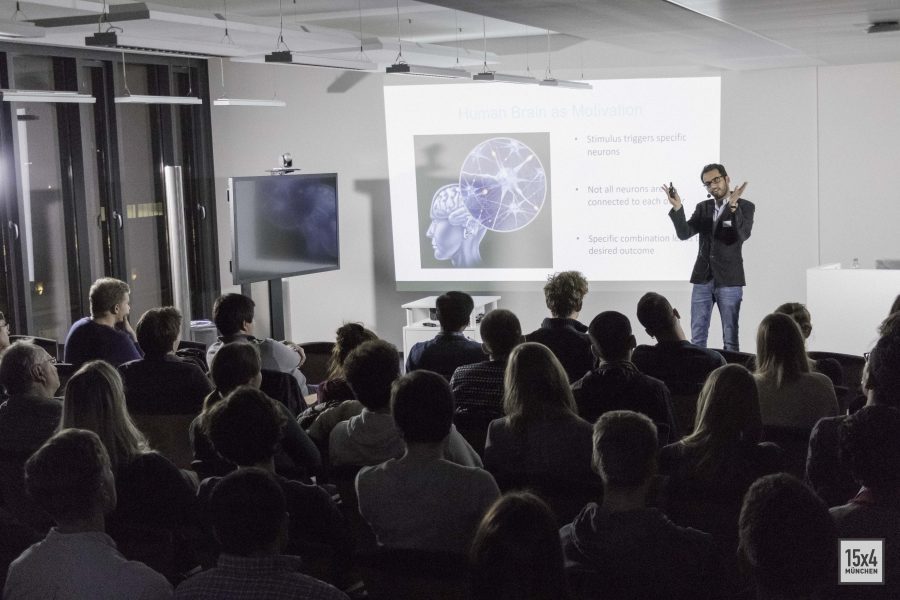
How many 15×4 presentations have already been happened? How do you find speakers and how do you choose topics?
Viktoria Korzhova (Neurobiologist): In 2017, 15×4 Munich featured 52 talks given by 45 speakers. We are interested in presenting a variety of topics, but when we are planning an event, we are looking for the speakers rather than topics, people with enthusiasm for science, technology, and education, who are interested to share their knowledge with others. Neither we require our speakers to be scientists or professional speakers, nor we expect them to talk about their professional fields. The essential part is the interest and motivation combined with the eagerness to prepare the talk together with 15×4 and make it an excellent experience for both the speaker and the audience.
We found the first round of speakers among our friends and through social media. Later, more and more of our guests got inspired to become speakers. Currently, we have already a small waiting list of people interested in sharing their knowledge from the 15×4 stage. But we are always eager to meet new people and welcome them to our community of 15×4 speakers!
What was the most exciting talk last year?
Dian Anggraini (Cognitive neuroscientist): In 2017, we had talks covering a wide range of topics: from optogenetics to storytelling, from game theory to brain repair, from virtual reality to metabolism. So, you see, it is not that easy to pick one as the most exciting talk. Different speaker brings a different flavor to 15×4 and that what makes us unique. Personally, as a neuroscientist, I very much enjoyed the talk by Luisa Canhos (who is also a neuroscientist) on Brain Damage. If I may speculate, I think our audience agree with me too. And there are two reasons.
First, neuroscience is a fascinating topic and rather relatable to all of us. After all, we all have a brain, right? And it is pretty clear to all of us that we rely so much on our brain to be able to function every day. Nevertheless, there is so much mystery surrounding this one organ. For example, how does it maintain its function or what happens inside it when it’s injured? Second, Luisa did a great job talking about how we can repair brain damage, which is a very complicated topic, by making a story out of it that’s unique. She drew a parallel between different ways of repairing brain damages to different ways two cultures repair broken electrical components.
Now, if we want to be extra objective and look at our audience’s feedback, the talk that got the most votes as audience’s favorite was Unsupervised Machine Learning by Steffen Schneider. Again, it all came down to stunning visualization, brilliant storytelling, and compelling real-life examples. Most people have heard about machine learning, but what most people might not know, and Steffen did a fantastic job explaining this, is how various methods in machine learning differ from one another and how those methods work. Not to mention, Steffen used familiar examples such as Google search to explain how unsupervised learning algorithm can predict future events.
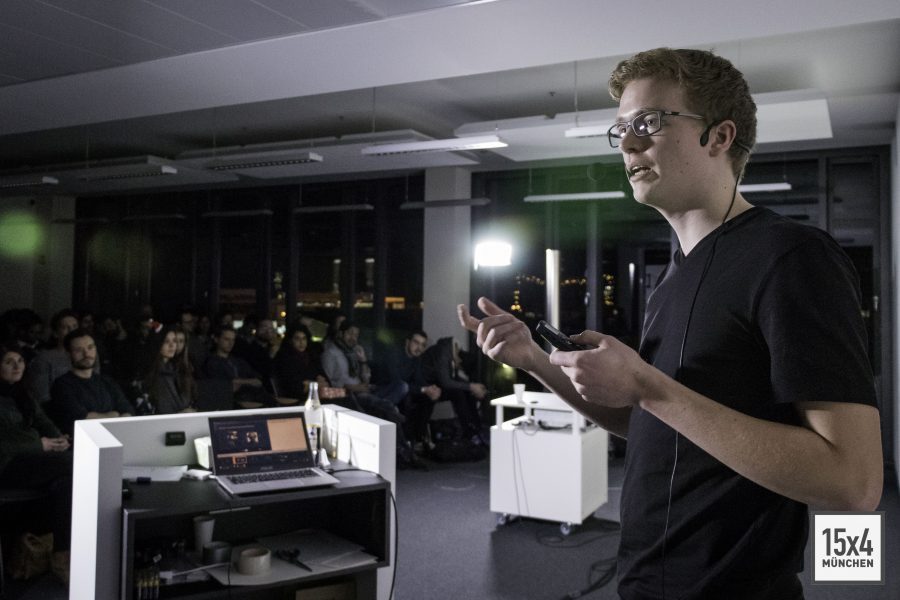
Speaking about the feedback, what was the best feedback you heard from your audience?
Dian Anggraini (Cognitive neuroscientist): Our audience certainly enjoys two things: 15×4’s friendly atmosphere and the free beer. I mean, can you think of a better way to digest difficult topic than combining it with a drink or two? On a more serious note, at 15×4 we try to gather people who are curious about science. We believe that the best way to do it is to create a friendly atmosphere so that everyone feels welcomed. We are delighted that our efforts paid off. We noticed that our audience enjoyed our events and became more involved with 15×4. For instance, some guests became our speakers or introduced us to potential speakers, while others proposed ideas for special events and workshops. This is ultimately the best feedback we can ask for.
What challenges does 15×4 usually face and how do you overcome them?
Viktoria Korzhova (Neurobiologist): 15×4 is purely a volunteer organization, in which all of us – organizers and speakers – engage during our free time. Currently, we also don’t have any funds or sponsors, which has also a good side, as we all joined 15×4 because of love and enthusiasm for knowledge, not for profit. But it also requires us to be more creative when it comes to things you often have to pay for – like event space and rehearsals. We were lucky enough to find like-minded organizations in Munich that were happy to support us and provide event space. We first held events at the cultural center GOROD, and later, as the audience has grown, we moved to the conference room of the IT company, JetBrains. We are very happy for all of these collaborations and hope to keep them in the future.
Another challenge we sometimes face is that our speakers cancel their participation on short notice or miss the rehearsals. In such cases, we have to organize additional rehearsals, sometimes even doing it on Skype, or to find substitute speakers. Luckily, many of our organizers or previous speakers have some exciting topics to talk about.
Challenges can be frustrating, but for us, in 15×4, they were also positive in many ways. We have built a great team of truly dedicated people, in which we can rely on each other, and learn how to work together so that we can overcome challenges with as less stress as possible. And we know that more adventures and challenges await us, but as a team, we are sure to get stronger through them.
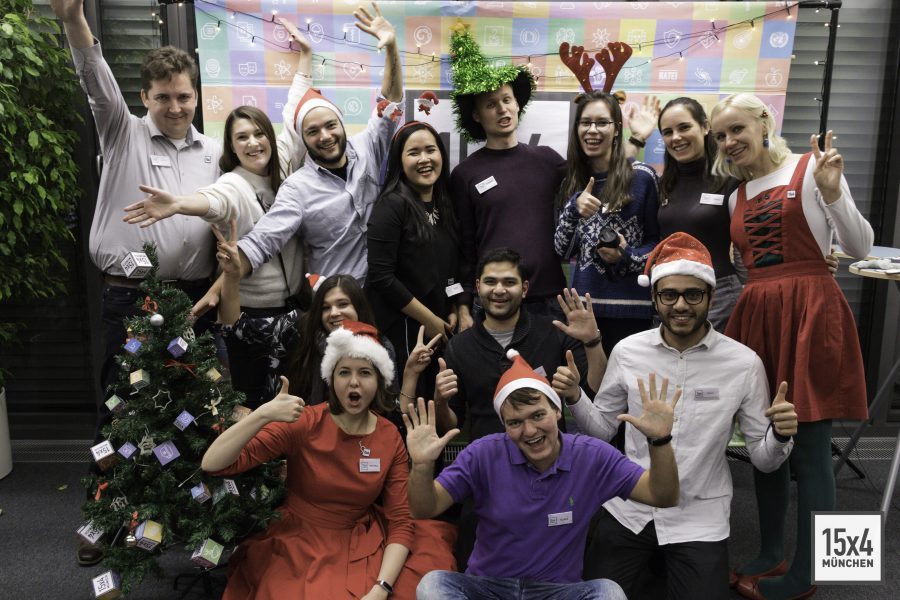
As the 15×4 team consists of only volunteers, what does drive and inspire them to work on 15×4?
Aleksei Zinovev (Architect): Members of the 15×4 community believe that sharing of knowledge with everybody is a way to make the humanity stronger and more united.
15×4 is a little step to make the world better and make education more accessible to everyone.
We are following the motto: when we share the knowledge we won’t have less of it, it will simply make other people more knowledgeable.
How do you see the future of 15×4?
Slava Edelev (IT Consultant): We strive to bring 15×4 to other cities, countries, and continents. We also want to inspire as many people as possible with the idea of knowledge sharing. We believe that we can build a global community of science enthusiasts who work together – both locally and internationally – toward the idea of free, open, and independent knowledge exchange.
Have you already planned talks for the next year? When will be the next 15×4 talk?
Adeel Yawar Jamil (Simulation engineer): We plan to hold one event every three weeks this year; this means more than 15 regular events. In addition to that, we also want to hold special events; one of our volunteers came up with an idea of holding a special event on the Nobel Prizes that were awarded in 2017. So we decided to kick off our 2018 season with this special event. It will take place on the 25th January, featuring four talks that explain the Nobel Prizes awarded in Physics, Chemistry, Medicine, and Economics.
We are open to new ideas and suggestions to improve our events, hold events with a different format and in general widen our reach. The majority of our audience comes from the personal networks of and referrals from the people involved in the project. We believe that what we do is important. Therefore, not only do we aim to bring more people to our events, but we also want to take our event to the people. We plan to do this by organizing outdoor science concerts. The first one will be held in the summer and will be similar to an open-air concert. This way we can share information and ideas with a broader audience and hopefully generate buzz and interest among people who are usually are not interested in science.
Another area where we aim to improve is the diversity of our talks. As we gain more followers and potential speakers, we plan to keep our future events more balanced by choosing speakers from diverse backgrounds. This will improve the quality of our events and help us build a better brand.
Where can people access 15×4 presentations?
Slava Edelev (IT Consultant): To share knowledge with as many people as possible, we record the talks and publish them on our YouTube-channel. They are also available on the 15×4 Website. If you are good with Russian (or want to train it!) check out the Russian language talks on the YouTube .


